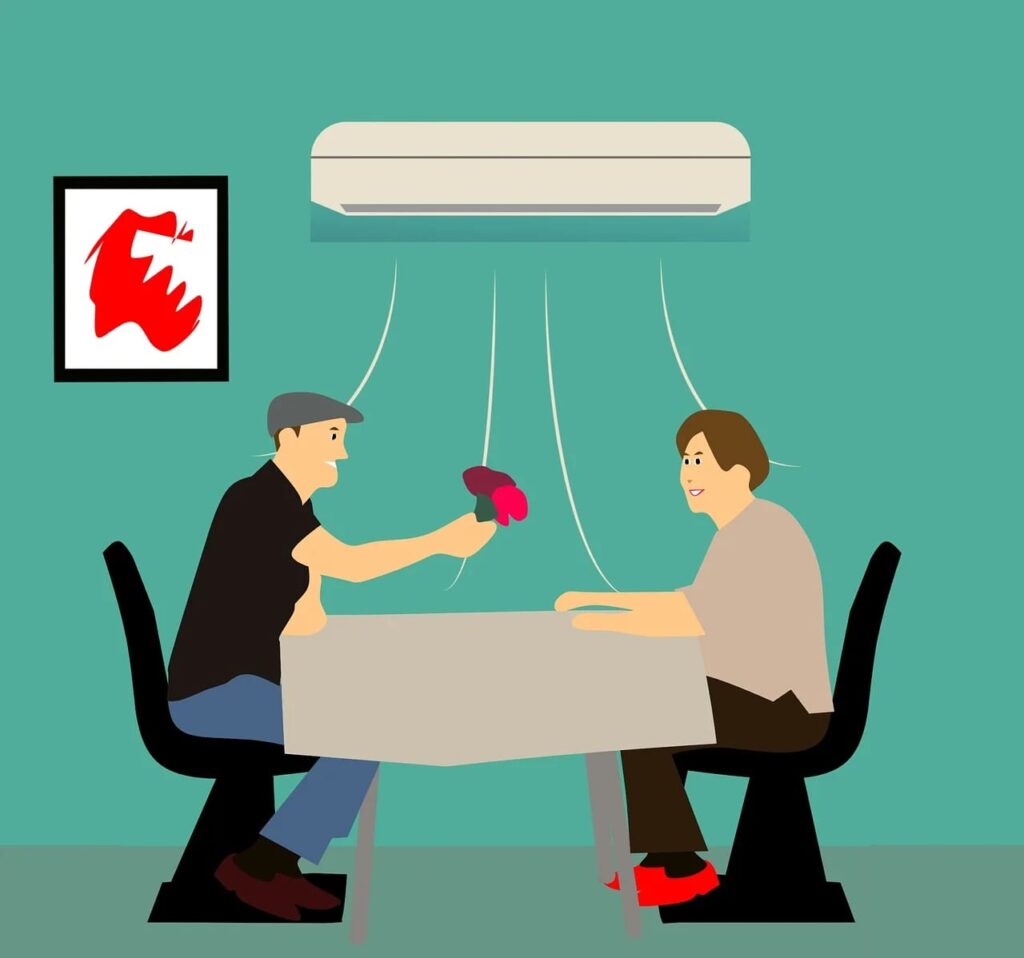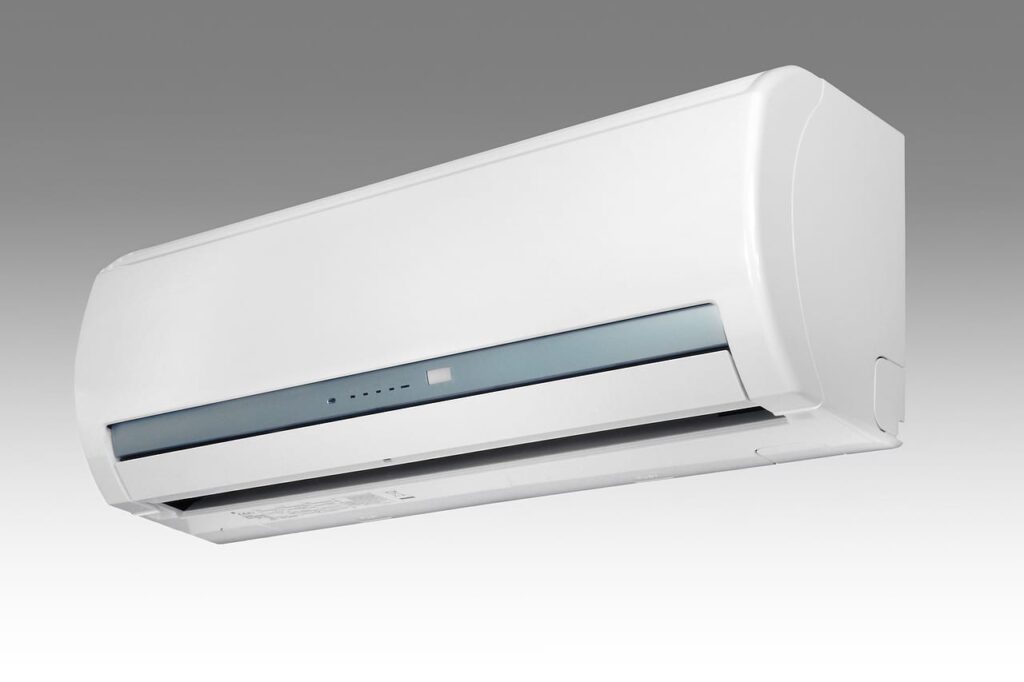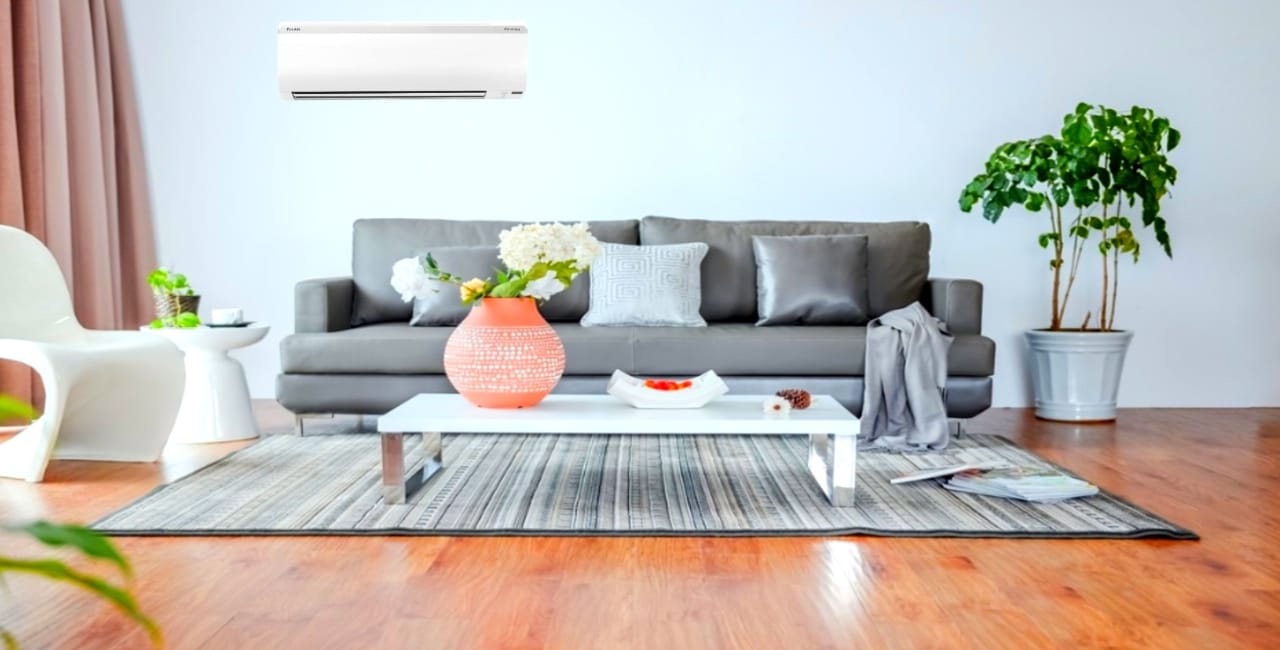Best Air Conditioner: The temperature in many countries, including India, is increasing day by day. With such rising temperatures, everyone thinks that their home should have an air conditioner that provides cool air. Many people think of buying an air conditioner when summer starts. But choosing the wrong air conditioner for your home can lead to either a huge electricity bill or the regret of buying an AC that isn’t very good at cooling your room.
It is very important to have proper information about air conditioners before you go to the store and buy the best air conditioner. Like how many tons of AC should be bought, how to know the capacity of AC according to the size of the room in your house, types of AC, features, warranty, etc.
With the onset of summer, if you feel it is the right time to hit the market and buy an air conditioner, we will be more than happy to help you choose the right AC model for you.
To buy the best air conditioner to beat the summer heat, let’s find out the main things you need to look out for.

1. The Best Air Conditioner Types
The names Window and Split AC are always heard. Window and split AC are the two most popular types of AC available for home use. Both of them have roughly the same features but come in different size formats. Due to their size and build, both differ somewhat and have their advantages and disadvantages.
Window AC
Window AC is the best option for single-room AC. Window ACs are much easier to install than split ACs. They are usually mounted on window sills or wall openings. They are the best choice for small rooms and are also affordable. The noise level is higher than that of split AC.
Split AC
Split AC, as the name suggests, has two units. The indoor unit is placed inside the house, and the outdoor unit is placed outside. Split ACs are quieter than window-type ACs, as the compressor of these ACs is housed in an outdoor unit. The split design makes installing an AC difficult, as you have to drill holes in your wall to run the cables and tubes connecting the two units.
These ACs are available in attractive and beautiful designs. These ACs can be installed even in windowless rooms. These ACs are a bit expensive as compared to window ACs.
2. Determine Your Cooling Needs: How to Select AC Capacity According to Room Size?
While buying the best air conditioner, choosing the type is as important as determining the capacity of the air conditioner. Air conditioner capacity is measured in tons. The tonnage of an AC does not refer to its weight; it is a unit used to determine how much AC can cool a room.
An accurate way to determine the required capacity is BTU. BTU is a standard unit of measurement used to classify air conditioners. The higher the BTU, the better the AC. One ton is 12,000 BTU. According to international standards, it is said that you need about 20 BTU per square foot. The number of BTUs can vary depending on the room’s ambient temperature and other factors.
| Room Size | AC Tonnage Capacity |
| 100–125 sq. ft. | 1 Ton |
| 150–200 sq. ft. | 1.5 Ton |
| Over 200 sq. ft. | 2 Ton |
While room size is the most important consideration when determining tonnage, there are a few other factors that cannot be overlooked. For example, the size of the windows and the amount of sunlight that enters the room must also be considered. Because in summer, sunlight entering the room can also increase the temperature slightly. Also, other electrical appliances, TVs, and lights in the room can also change the temperature.
The price of an AC will vary depending on its features and energy efficiency, but a higher tonnage means an air conditioner can be more expensive.
3. Energy Efficiency
A new standard has been introduced to determine the efficiency of the best air conditioners: ISEER (Indian Seasonal Energy Efficiency Ratio). It is the ratio of the air conditioner’s cooling capacity (BTU, Tonnage) to the total power consumption. ISEER ratings are generally denoted as star ratings that help you easily identify the most energy-efficient air conditioners. The higher the star rating, the better the energy efficiency of the air conditioner.
Air conditioners of the same capacity do not necessarily have the same power consumption. So, some ACs give a better ISEER rating than others. Unfortunately, these air conditioners are also expensive.
Also Read: How do you select the best air cooler for your home in 2024?
4. Cooling Technology: AC equipped with an inverter
Inverter air conditioners are said to be much more efficient than normal air conditioners. Inverter-equipped ACs are also said to have better performance and longevity.
In conventional air conditioners, the compressor runs at its maximum speed while it is on or off. This process of constantly turning the compressor on and off to adjust to temperature changes takes a lot of power. Inverter-equipped air conditioners, as opposed to conventional air conditioners, continuously regulate the speed of the compressor motor to adapt to slight changes in room temperature. It definitely makes a difference on the electricity bill.
5. Air Quality and Filtration
Filter:
Most manufacturers provide anti-bacterial filters in ACs that help sterilize the air of bacteria and other germs, creating a healthy environment. Apart from AC capacity and power consumption, the air filter is also an important aspect of choosing the best air conditioner.
Airflow:
Almost every air conditioner today has flaps that can be manually moved to redirect the air. Some others give you the option to use a remote and automatically control the direction of the airflow.

6. Refrigerants
Refrigerants are the most important components of air conditioners. The most common refrigerant used today is R22. It is being phased out by the refrigerant R410a, which is known to be more environmentally friendly. R410a also has a lower boiling point, which means it is more energy efficient. An air conditioner that uses R410a is not only better for the environment but also cost-effective in the long run.
7. Noise Level
Nobody wants a noisy AC unit disturbing their peace and quiet. Look for models that offer quiet operation, especially if you plan to install the AC in bedrooms or living areas. Check the decibel rating to ensure a comfortable and peaceful environment.
8. Hot and cold AC
Apart from the above common features, you can also opt for some additional features, like hot and cold AC. These air conditioners are becoming a growing trend in the market for the best air conditioners. These air conditioners are like all-weather ACs. They can not only be used as ACs in summers but also as room heaters in winters.
Also Read: A world before electric fans, air coolers, and air conditioners
9. Warranty
One of the most important aspects of buying the best air conditioner is its warranty. Most manufacturers offer a minimum warranty of one to two years. Some manufacturers also offer additional warranties for important components, such as compressors.
The warranty period for these components is usually longer than the comprehensive warranty provided on the AC. Buying an extended warranty is helpful and usually a good idea because the cost of spare parts and out-of-warranty repairs to air conditioners is very high.
10. After-Sales Service
It is important to go for well-known and tested brands. Choose brands wisely, and if needed, ask friends and family about their experience with particular brands. This is because the quality of service may vary from state to state.
11. Budget Considerations
Set a budget for your best air conditioner purchase and consider long-term savings in energy costs. While it may be tempting to go for the cheapest option, investing in a higher-quality and more energy-efficient unit can save you money in the long run.
Also Read: 7 Best Air Coolers Under 5000 in India for 2024
How do you select the best air conditioner? Some additional features
Choose an Alexa, Google Assistant, or Home Kit-compatible model. These days, many high-end air conditioners include smart capabilities like Wi-Fi (or Bluetooth) connectivity. With these capabilities, ACs can be connected to your smartphone or voice assistant service, allowing you to adjust the room temperature even when you are not at home or away from your home.
A voice assistant on your smartphone (Alexa, Google Assistant, or Siri) or a smart speaker can be used to regulate the AC. Additionally, you can program the AC to turn on automatically when certain criteria are met.

Dehumidification
All air conditioners regulate humidity while cooling a room, but some of the best air conditioners also have a dehumidification mode that reduces humidity. If you live in a place with uncomfortable humidity, this feature is important.
Four-Way Swing
Some of the best air conditioners include a four-way swing, which allows them to distribute air both horizontally and vertically, making it easy to regulate airflow. If you value airflow in a specific area of the room, this is an important feature.
Auto Start
When the power comes back on, the air conditioner with the auto-start feature can restart itself and return the temperature to the setting you had before the power outage. This feature is a must-have if you live in a place where power outages are frequent. Some air conditioners may not restart on their own after a power outage or when power is restored.
Turbo Mode
For this feature, most brands use a different marketing name. This option can be activated to speed up the cooling process while using more energy overall. You can use this feature on very hot days.
Conclusion
Choosing the best air conditioner for your home in 2024 requires careful consideration of various factors, including cooling needs, energy efficiency, type of AC, cooling technology, noise level, air quality, maintenance, and your budget. By following this guide, you’ll be equipped to make an informed decision and enjoy a cool and comfortable home this summer.
(Note: It is always advisable to refer to the latest information and consult an expert for the most up-to-date recommendations.)








